Midterm season is upon us. Once more, the seemingly never-ending waves of stress and sleepless nights become the reality of any given college student. Quickhelp, one of the newest startups to come out of Harvard’s Innovation Lab, now offers personalized in-person tutoring services for any subject on demand.
The brainchild of Harvard alumni Hikari Senju, Quickhelp seeks to lower the cost of in-person tutoring for students in the area, and increase accessibility to the service for those who may not be able to afford them otherwise.
Senju originally got the idea for the startup during an internship, where he learned how to make mobile apps, and while talking with friend and co-founder Mazen Elfakhani, who happened to be a tutor. After a few conversations, the concept soon began to become a reality.
“On-demand apps are in right now,” said Senju. “After I built the first version we felt we could join the growing ‘sharing economy’ sector.”
After considering many different concepts to explore, including a blind dating service, he and Elfakhani set their mind to tackle what they felt was their passion: the opportunity gap in education between those who had more resources and those who did not.
Studies have shown that in-person tutoring significantly improves the performance of students, and Senju felt that it shouldn’t just be for those who can afford it.
“It’s a social mission,” he said. “I want to empower the students.”
Making the app was simple for him, Senju explained, since his background was in engineering and programming. After the initial release last December, the first version of the app encountered significant success.
Within one month of launching the app, Quickhelp had over 1,000 users, which then grew to over 10,000 after the first semester, said Senju.

The large amount of traffic through the app is partly due to the simplicity of the app itself: the student, no matter where he or she is, specifies what he or she needs help in, and then the student gets matched with a tutor in the area who is knowledgeable in the field.
Most of the tutors are graduate students so students can set up a tutoring session with an knowledgeable individual nearby within minutes.
“Our tutors [the graduate students] know a lot,” said Senju. “[And] they are looking for extra sources of income.”
Senju also attributes a lot the success of the service to the high density of undergraduate and graduate students in the greater Boston area, as it creates a vast and self-replenishing market for both those who need the service and those willing to provide it.
One of the biggest challenges facing Quickhelp, however, has been the marketing aspect of getting the product to the market.
“It’s not something you directly tell your friends [about],” Senju said. “But students are seeing the value.”
One of the biggest goals for Senju has been making the community stronger by encouraging more interaction between undergraduates and graduate students within a college community. For example, there could be someone in the same coffee shop as the user, such as a graduate student, who could help with whatever subject the user needs.
Fueled by its success, Quickhelp has recently expanded into neighboring markets such as Philadelphia and New York City, but Senju remains focused on his goal of making a difference.
“If I wanted more money, I would do something else, but that is not what [Quickhelp] is about,” he said. “I’m in it for the long run.”
Currently, the Quickhelp team is focused on improving the product for its core areas, such as Boston, having learned from past mistakes that expanding too fast can be a detriment.
“We have been approached by people wanting to invest … too much money can be a distraction, we want to focus on the product first,” Senju said.
*Updated: 2/18/16 8:04 P.M.
Featured Image Courtesy of Quickhelp

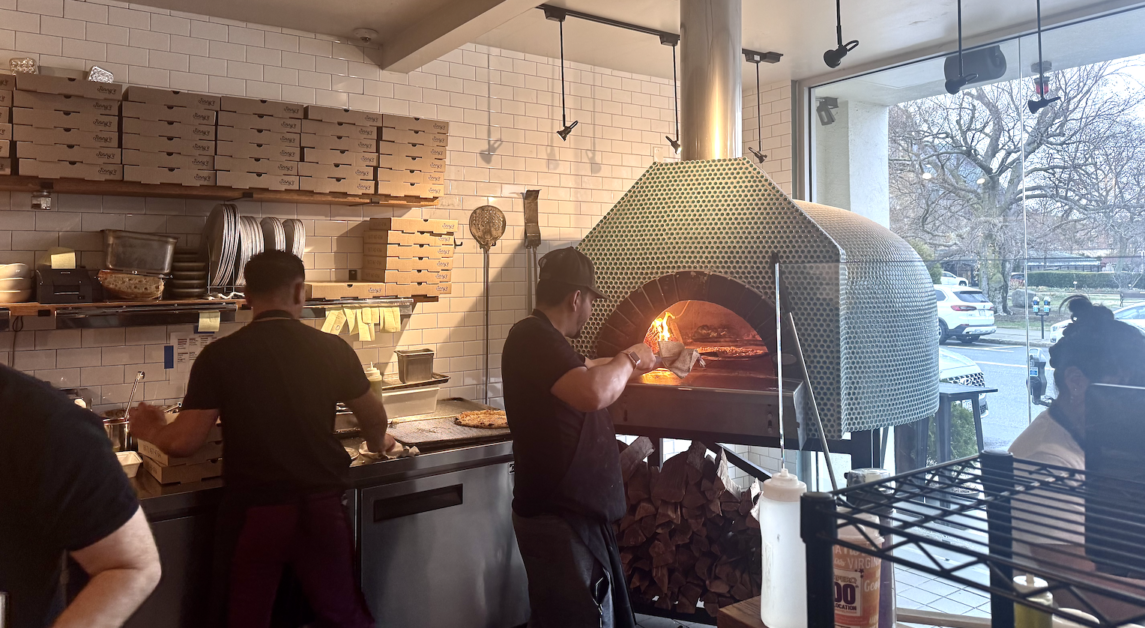

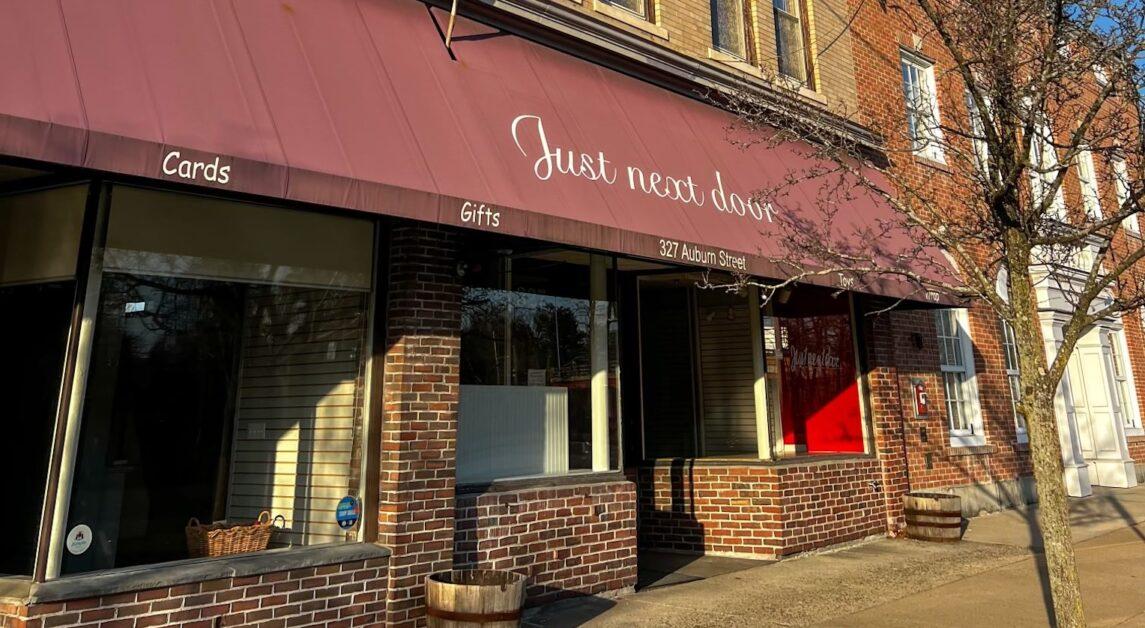

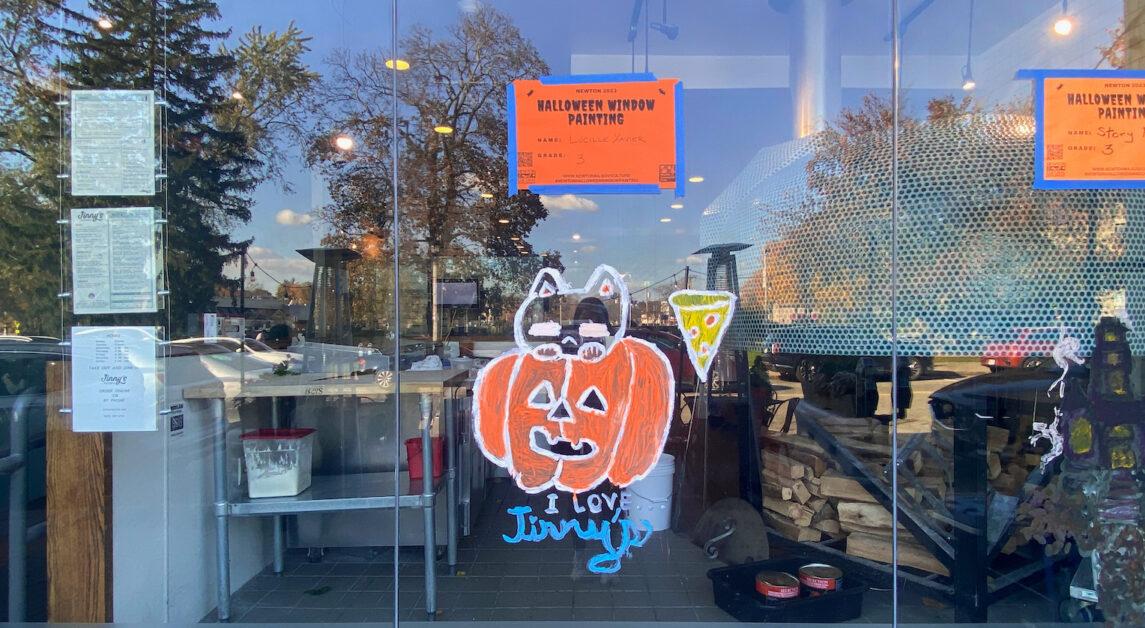

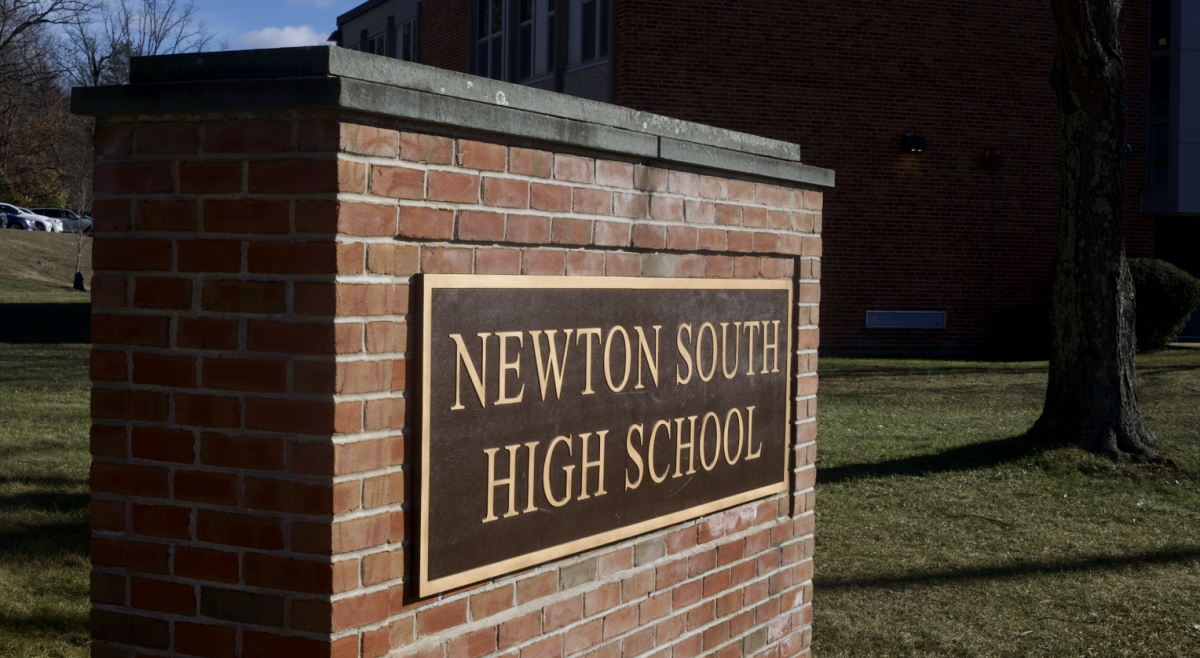
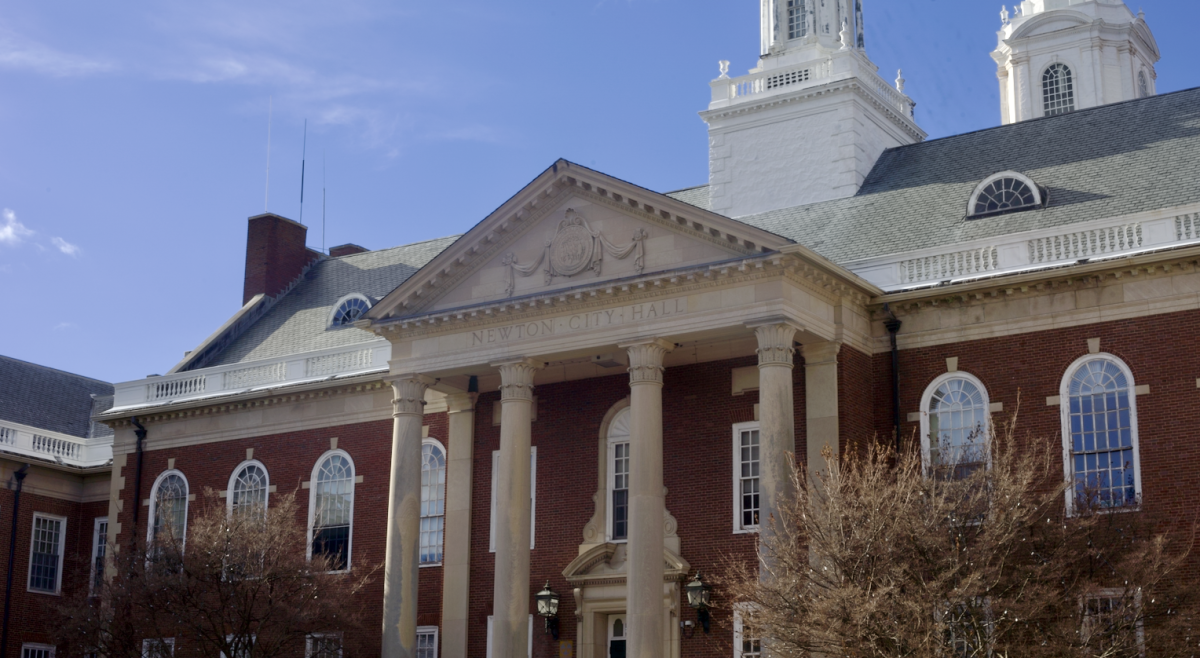


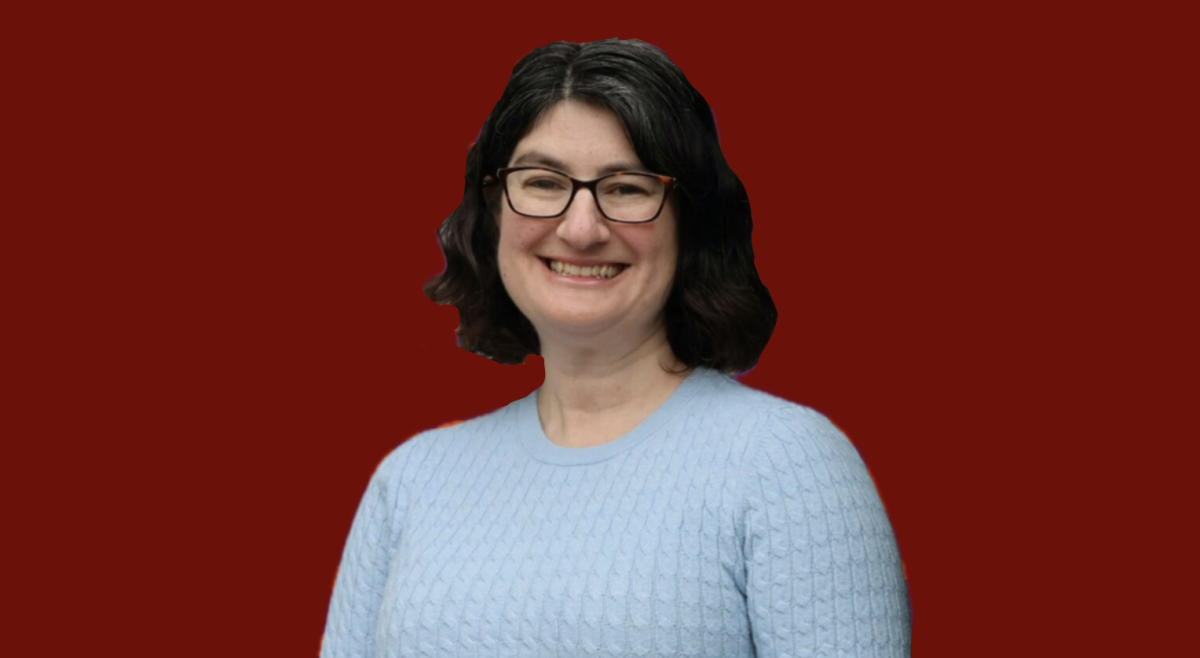
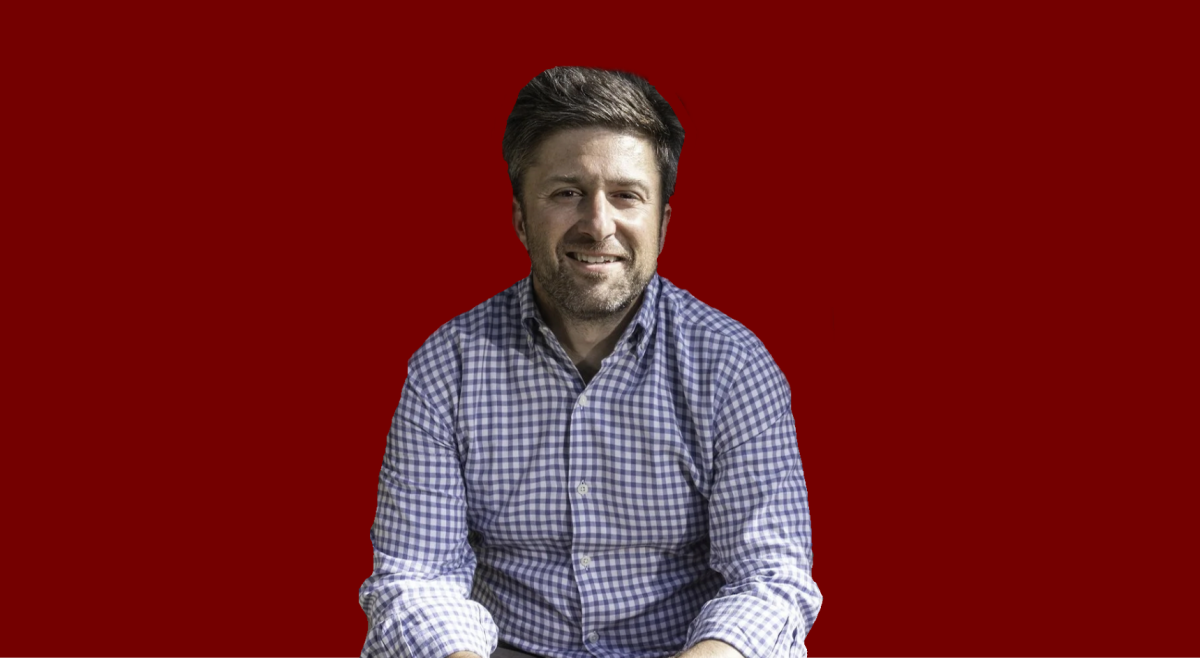
Matt George • Feb 18, 2016 at 2:27 pm
#UberForTutors